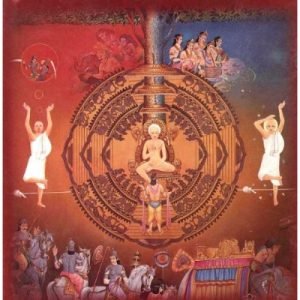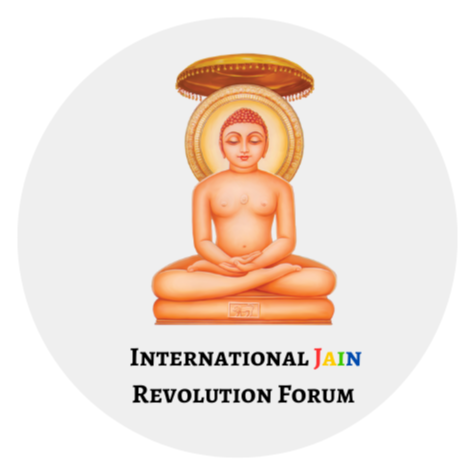
A Brief History of Jainism
Jainism is one of the world’s oldest religions, tracing its origins to ancient India. The teachings of Jainism are centered on non-violence, truth, and asceticism, and it has significantly influenced Indian culture and philosophy. The roots of Jainism lie deep in antiquity, long before it became a formalized religion. The key teachings of Jainism were developed through a succession of spiritual leaders, or Tirthankaras, whose lives and messages helped shape its core beliefs.
Origins and Tirthankaras
Jainism does not have a single founder but instead recognizes a series of 24 spiritual teachers, known as Tirthankaras. These enlightened beings have guided the faith through different eras, helping shape its religious practices and philosophy. The first Tirthankara is Lord Rishabhdev (also called Adinatha), believed to have lived thousands of years ago. Historical evidence suggests that Rishabhdev might be a semi-mythical figure, though his life is widely revered in Jain tradition.
The last and most well-known Tirthankara, Lord Mahavira, lived around 599-527 BCE. Mahavira is often considered the reformer of Jainism, and his teachings laid the foundation for what would become Jain doctrine. Mahavira’s core message emphasized Ahimsa (non-violence), Aparigraha (non-attachment), and Satya (truth). His teachings drew followers from across India and led to the formal establishment of Jainism as a distinct religious tradition.
Core Beliefs
- The cornerstone of Jainism is the principle of non-violence, or Ahimsa. Jains believe in non-harm to all living beings, as every soul is considered sacred and capable of achieving liberation. This principle influences not only Jain dietary practices, with most adherents being strict vegetarians or vegans, but also their daily lives, including professions, social behavior, and rituals. Ahimsa extends beyond physical non-violence and includes thoughts, words, and intentions.
- Another significant belief in Jainism is Anekantavada, which translates to “the multiplicity of viewpoints.” This philosophy teaches that no single perspective can encompass the entirety of truth. Consequently, Jainism encourages tolerance and openness to differing views and interpretations, a concept that has fostered intellectual exchange within the community.
- Syadvada is another Jain principle, which promotes the idea that truth is complex and multi-faceted, suggesting that all statements should be understood in the context of their specific circumstances. This principle reflects Jainism’s dedication to humility and intellectual flexibility.
- The final core tenet is Aparigraha, or non-attachment to worldly possessions and desires. Jain monks and nuns live by this rule to its fullest, renouncing all material goods and living lives of strict asceticism. For lay Jains, it manifests as a commitment to simplicity, ethical conduct, and mindful consumption.
Divisions within Jainism
The main difference between these sects lies in their monastic practices and interpretations of scripture. Digambaras, for instance, believe that renouncing all clothing is essential for complete asceticism, while Svetambaras wear simple white garments. Despite these differences, the fundamental beliefs of both sects remain closely aligned, especially concerning the importance of non-violence and self-discipline.
Jainism’s Contributions to Indian Society
Jainism has significantly influenced Indian art, architecture, and literature. Jain temples, such as the ones in Ranakpur and Dilwara, are known for their intricate carvings and spiritual ambiance. Jain literature, written in languages like Prakrit and Sanskrit, includes ancient scriptures and philosophical treatises that contribute to Indian philosophical thought.
Moreover, Jainism has long been associated with India’s mercantile and business communities. Jain values of ethical conduct, honesty, and non-violence have shaped the practices of many Jain business families, who are known for their philanthropy and support of religious institutions.
Conclusion
Jainism’s history spans thousands of years and has left a profound impact on Indian culture, spirituality, and philosophy. Rooted in principles of non-violence, tolerance, and self-discipline, Jainism continues to thrive as a major religious tradition, with millions of adherents worldwide. Its legacy in promoting peace, compassion, and ethical living remains a testament to the enduring relevance of Jain teachings in today’s world.
